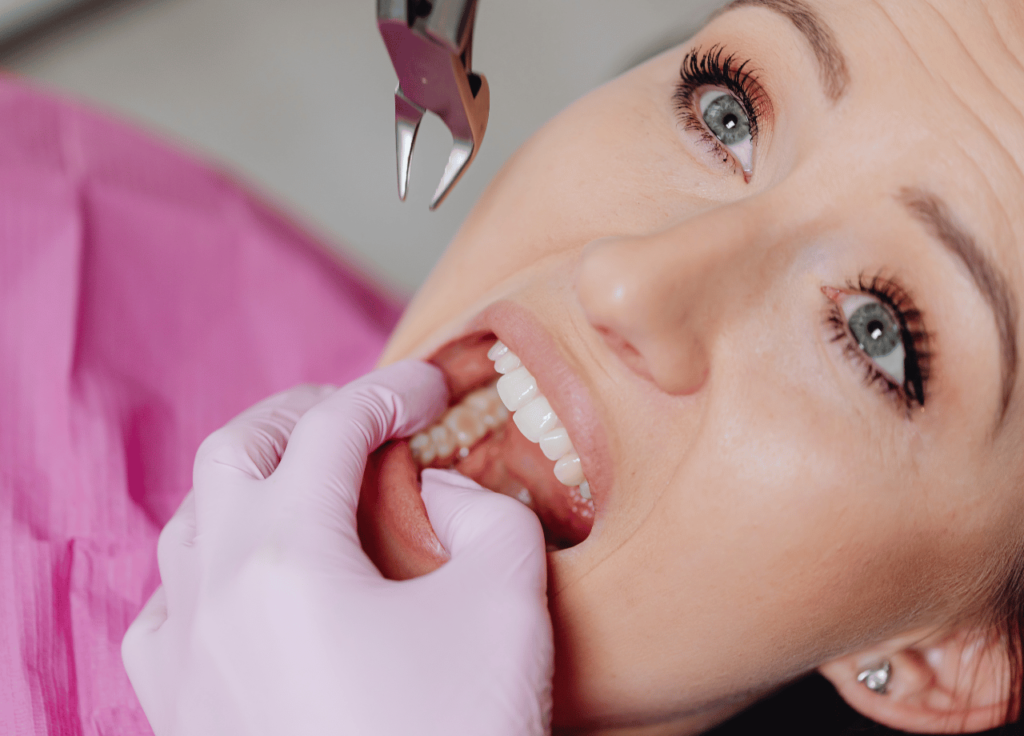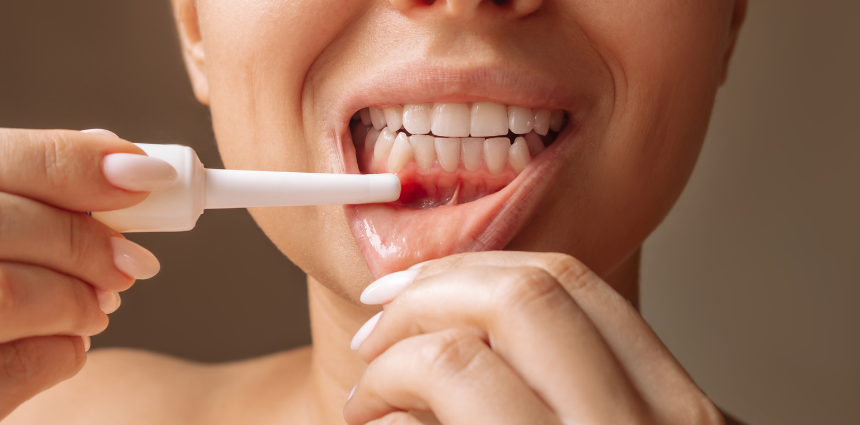Tooth extraction might sound daunting, but it’s a standard dental procedure that can alleviate pain and prevent further oral health issues. Whether you’re scheduled for a routine extraction or a more complex one, proper preparation is essential to ensure a smooth and comfortable experience. This comprehensive guide will walk you through the steps to prepare for tooth extraction, from finding the right dentist to post-operative care. Let’s dive in!

Choose the Right Dentist
The first and most crucial step in preparing for a tooth extraction is selecting the right dentist or oral surgeon. Look for a dental professional with experience in extractions and a reputation for quality care. Recommendations from friends and family, online reviews, and your regular dentist’s referral can help you make an informed choice.
Schedule a Consultation
Once you’ve chosen a dentist, schedule a consultation. During this appointment, you can discuss your specific case, any concerns you may have, and your medical history. This information will help your dentist plan the extraction procedure and ensure safety.
Understand the Procedure
It’s essential to have a clear understanding of the extraction procedure. Your dentist will explain the process, including whether it’s a simple extraction (for visible teeth) or a surgical one (for impacted or broken teeth). Ask any questions you may have to alleviate anxiety and uncertainty.
Plan for Anesthesia and Sedation
Tooth extractions are typically performed under local anaesthesia to numb the area around the tooth. If you’re feeling particularly anxious or it’s a complex extraction, discuss the possibility of sedation options with your dentist.
Arrange for Transportation
Since using anaesthesia or sedation may impair your driving ability, arranging for someone to take you to and from the appointment is crucial. Your safety is a top priority.
Follow Pre-Extraction Instructions
Your dentist will provide specific pre-extraction instructions. These may include fasting for a certain period before the procedure, discontinuing certain medications, or rinsing your mouth with an antimicrobial solution.
Plan Your Recovery Period
Recovery time varies depending on the complexity of the extraction. Ensure you have a few days off work or other commitments to rest and recover. Stock up on soft foods like yoghurt, pudding, and soup to make eating more comfortable during the initial days.
Gather Necessary Supplies
Before the extraction, ensure you have all the supplies needed during your recovery. This includes gauze, pain medication (prescribed or over-the-counter), ice packs, and a comfortable pillow to rest your head.
Arrange for Support
Having a friend or family member with you during recovery can provide emotional and practical assistance. They can help you with grocery shopping and household chores while you heal.
Follow Post-Extraction Care Instructions
After the tooth extraction, your dentist will provide detailed post-operative care instructions. These will include guidelines on oral hygiene, pain management, and any potential complications. Follow these instructions diligently to promote quick and successful healing.
Conclusion
Preparing for a tooth extraction is crucial in ensuring a smooth and successful procedure. You can minimise discomfort and complications during your recovery by choosing the right dentist, understanding the process, and following pre-and post-operative instructions. Remember, oral health is essential, and a well-prepared approach to tooth extraction is a step toward a healthier smile.
If you need a professional and caring dental team to assist you with tooth extraction, look no further than Parkway Dental. Our experienced dentists are here to provide you with top-notch care and ensure your comfort throughout the process. Don’t hesitate to call us at (617) 325 4100 to schedule your consultation and take the first step toward a healthier, pain-free smile. Your oral health is our priority, and we’re here to guide you every step of the way.
Q1: Is a tooth extraction a painful procedure?
A1: Tooth extractions are typically performed under local anaesthesia, which numbs the area around the tooth, ensuring you don’t feel pain during the procedure. In more complex cases or if you’re particularly anxious, your dentist may offer sedation options to make you feel more comfortable. After the procedure, some discomfort and swelling are normal, but your dentist will provide pain medication and guidelines to manage this effectively during the recovery period.
Q2: How long does a tooth extraction procedure take?
A2: The duration of a tooth extraction varies depending on the case’s complexity. Simple extractions, where the tooth is visible and easy to access, can take just a few minutes. Surgical extractions, especially for impacted or broken teeth, may take longer. During your consultation, your dentist will estimate the time required for your extraction.
Q3: Are there any risks associated with tooth extractions?
A3: While tooth extractions are common and safe procedures, there are some risks to be aware of. These may include infection, excessive bleeding, damage to adjacent teeth or tissues, and temporary or permanent numbness in the surrounding areas. However, choosing an experienced dentist, following pre-and post-operative instructions, and maintaining good oral hygiene can significantly reduce these risks.
Q4: What can I eat after a tooth extraction?
A4: Immediately after a tooth extraction, it’s best to stick to soft, cool foods that won’t irritate the site. Options like yoghurt, pudding, mashed potatoes, and smoothies are ideal. As your healing progresses, you can gradually reintroduce firmer foods. Avoid hot, spicy, crunchy, or hard foods in the days following the procedure, as they can impede the healing process.
Q5: How long does the recovery period last after a tooth extraction?
A5: The recovery period varies depending on the complexity of the extraction and your healing process. You can generally expect discomfort and swelling to peak within the first 24 to 48 hours and then gradually subside. Complete healing usually takes one to two weeks, but it may take longer for more complicated extractions. Follow your dentist’s post-operative care instructions to promote a smoother and quicker recovery.
Q6: Can I drive myself home after a tooth extraction?
A6: If you’ve received local anaesthesia for the extraction, you should be able to drive yourself home. However, if sedation was administered, arranging for someone to guide you is crucial, as sedation can impair your ability to operate a vehicle safely. Prioritize your safety by planning transportation.
Q7: Will I need to take time off work or other commitments after a tooth extraction?
A7: Taking at least a day or two off work or other commitments is advisable to rest and recover after a tooth extraction. More complex extractions may require additional time off. The discomfort and swelling are usually most pronounced in the first couple of days, so having time to heal without added stress is beneficial for your recovery.
Q8: How can I prevent complications after a tooth extraction?
A8: To minimize the risk of complications after a tooth extraction, follow your dentist’s post-operative care instructions diligently. This includes maintaining proper oral hygiene, taking prescribed medications as directed, avoiding strenuous activities, refraining from smoking or drinking through straws (which can dislodge blood clots), and attending any follow-up appointments recommended by your dentist.
Remember, every tooth extraction is unique, and your dentist will provide personalized guidance to ensure a successful and comfortable experience. If you have any concerns or questions, don’t hesitate to discuss them with your dental professional.



